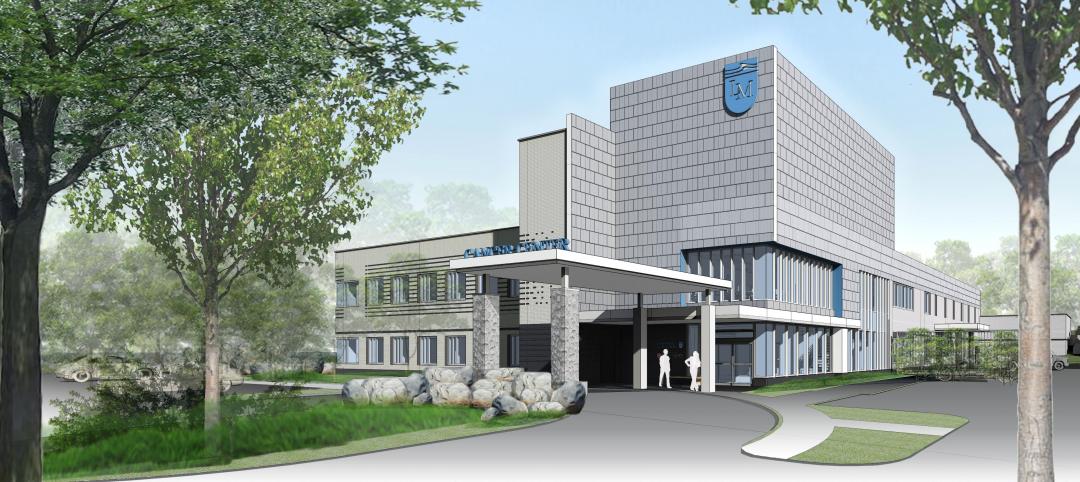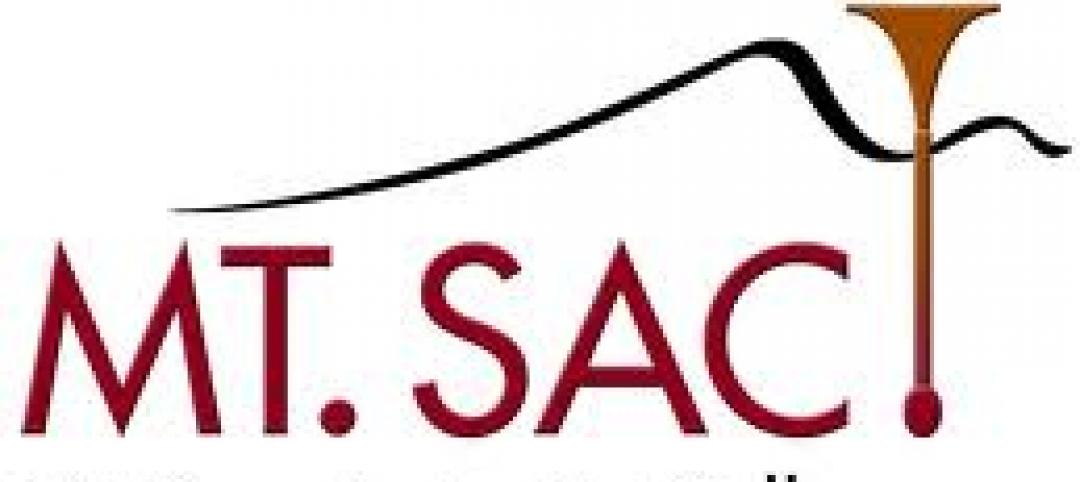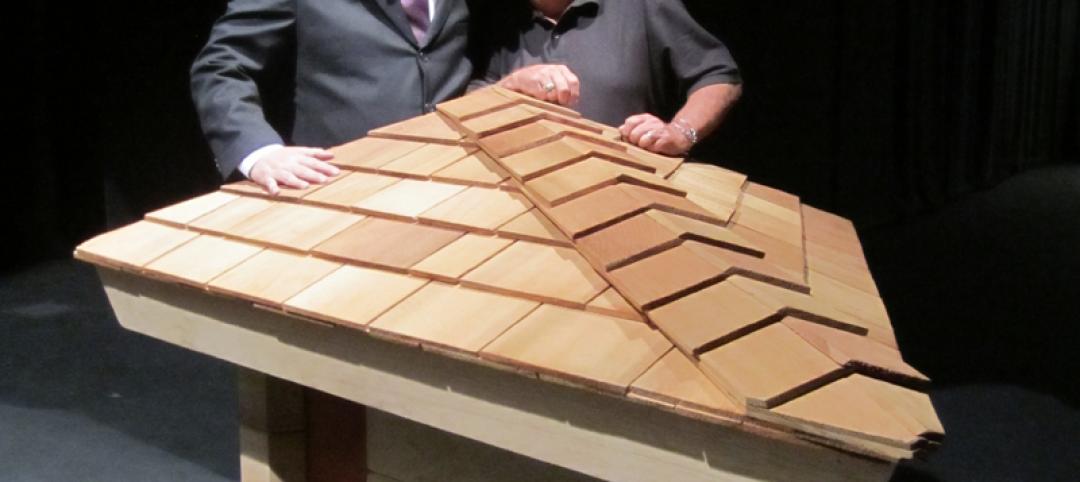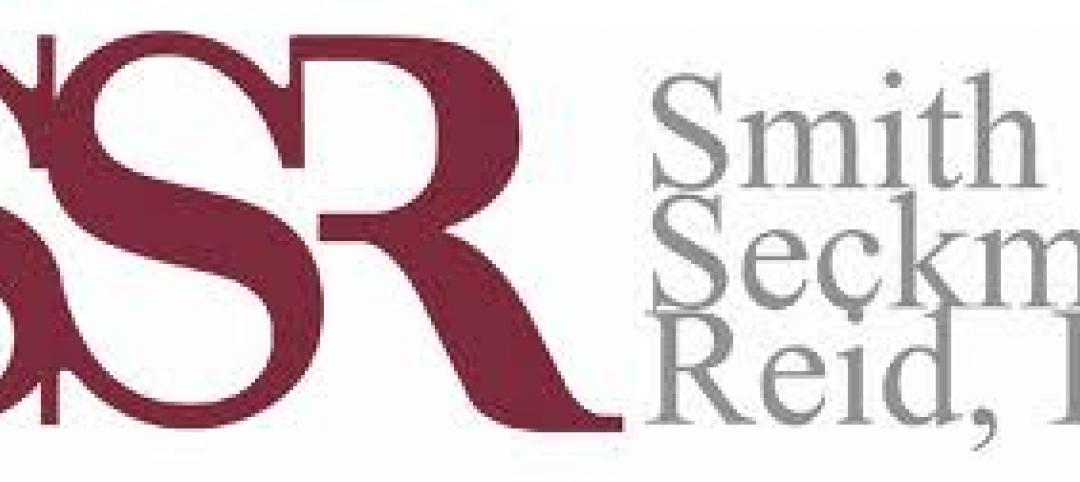In 2017, the A.T. Kearney Foreign Direct Investment Confidence Index concluded, “Investors are bullish about economic growth and FDI [Foreign Direct Investment] prospects, but are monitoring political risks for abrupt changes to the business environment.”
Fast-forward to 2018, and that monitoring is heightened. Trade negotiations and legislation having an impact include: The Tax Cuts and Jobs Act, President Trump’s renegotiation of NAFTA and other trade agreements, the Foreign Investment Risk Review Modernization Act of 2017 (FIRRMA), and tariffs and trade wars.
Some of these actions may have their intended effect of protecting U.S. companies and the nation’s security. For example, the construction industry should reap benefits from tax cuts that lower their effective tax rates. But while easing financial burdens on U.S. businesses—especially small businesses—may be good for the economy, there is widespread concern regarding actions seen as hostile to international trade. Governmental proceedings, as they unfold day-to-day, are very dynamic and fluid. They represent a confluence of political, economic, security, and social issues, and the complexity of the situation is currently causing large international companies to press pause on their investments.
Yet FDI is critical to a thriving domestic economy. According to the Office of the Chief Economist within the U.S. Department of Commerce, “FDI supports a host of benefits in the United States, such as good jobs and innovation resulting from research and development.” And historically, the U.S. has been about average in terms of its restrictiveness on foreign investment. Currently, however, Congress is reviewing FIRRMA, a proposed bill that seeks to protect national security by limiting foreign control of the country’s critical infrastructure.
Significant upheaval was triggered in the first half of 2018, when the White House announced a 25% tariff on foreign-made steel and 10% tariff on aluminum. The action was largely a response to China’s perceived “dumping” of cheap steel and it made a statement about the Trump administration’s attitude toward global trade relations and the perceived status quo.
Maintaining a healthy global economy based upon reciprocal economic relationships—and with the U.S. as an equitable participant—is key to the stability of our own economy.
Stakes rose much higher in early July, when the U.S. imposed an additional 25% tariff on $34 billion of goods imported from China. China responded with an equivalent tariff on $34 billion of goods it imports from the U.S. By July 10, the Trump administration had released a list of $200 billion worth of Chinese goods that could be subject to 10% tariffs. Hearings on these proposed tariffs are scheduled to occur Aug. 20-23.
Beyond this escalation between the world’s two largest economies, Canada announced that it would match (but not escalate) the dollar value of the U.S.’s steel and aluminum tariffs with tariffs of its own, with affected products including consumer goods. Europe is pondering how it can respond to U.S. tariffs without becoming embroiled in a damaging trade war—a task made more difficult by President Trump’s threats to impose tariffs on European auto imports. Switzerland, Russia, China, India, Canada, Mexico, Norway, and the European Union have begun working with the World Trade Organization (WTO), pursuing dispute settlement.
It’s impossible to judge just how long the domino effect will continue. Some experts are predicting that Europe, China, and other economic powerhouses will form mutually beneficial trade relationships with one another that exclude the U.S.
According to consulting and research firm Rhodium Group, Chinese acquisitions and investments in the U.S. fell 92% in the first five months of this year. CSNBC recently reported “Foreign direct investment worldwide is on the decline due to trade war fears, immigration, and protectionist policies.” This follows FDI that was already in decline. According to the United Nations World Investment Report 2018, global foreign direct investment fell by 23% in 2017, and the UN expected it to grow little (or not at all) in 2018. On July 11, the Bureau of Economic Analysis (BEA) released numbers on expenditures initiated by foreign investors in 2017 (the latest available data), and those expenditures were down 32% since 2016.
Various experts have reported that the construction industry is already feeling the effects of the recent tariffs, not only with higher steel and aluminum prices, but with higher prices on Canadian lumber. The news outlet Route Fifty shared a Moody’s Investors Service report which found that “states with the greatest trade dependency on China, Canada, and Mexico are at highest risk of seeing their tax revenues decline—namely Michigan, Kentucky, and Louisiana.” The report also identified manufacturing hubs like Detroit and Greenville, S.C., as well as port cities, as being at high risk.
FDI raises the standard of living for communities and creates opportunities for construction companies across the U.S. Maintaining a healthy global economy based upon reciprocal economic relationships—and with the U.S. as an equitable participant—is key to the stability of our own economy.
Brian Gallagher is Vice President of Marketing with O’Neal Inc., an integrated architecture, engineering, and construction firm. He can be reached at bgallagher@onealinc.com.
Related Stories
| Jan 31, 2012
Suffolk Construction to manage Lawrence & Memorial Hospital Cancer Center project in Waterford, Conn.
Leading construction management firm overseeing one of first healthcare projects in the country to utilize innovative IPD process.
| Jan 31, 2012
Perkins Eastman’s Miller appointed Chairman of the AIA International Committee
International expertise leveraged as global industry resource.
| Jan 31, 2012
KBE selected for school project in Waterbury, Conn.
Located adjacent to the existing elementary school, the $28 million, 82,000 s/f Pre-K to eighth Grade school is expected to host its first students in the fall of 2013.
| Jan 31, 2012
Construction Law Firm Allensworth & Porter, LLP adds May to the firm
Prior to joining Allensworth & Porter, May served as the staff attorney for the Texas Civil Justice League, and was responsible for drafting, analyzing, and tracking civil justice and business-related legislation during the 82nd Legislative Session.
| Jan 31, 2012
Skanska USA Civil promotes Bradley to southeast general superintendent
In Bradley’s new position, he will manage field operations for all Skanska Civil projects in the southeast.
| Jan 30, 2012
Siemens and Air-Ex Team deliver building controls training to Mt. San Antonio College students
Siemens contributes training modules and technology to support hands-on courses.
| Jan 30, 2012
Hollister Construction Services to renovate 30 Montgomery Street in Jersey City, N.J.
Owner Onyx Equities hires firm to oversee comprehensive upgrades of office building.
| Jan 27, 2012
Caterpillar reports record sales and profit for 4Q and full-year 2011
Momentum carries into 2012 with sales and revenues outlook raised to $68 to $72 billion.
| Jan 27, 2012
Smith Seckman Reid opens two new offices
Smith Seckman Reid, Inc. (SSR), an engineering design and facility consulting firm, has opened two new offices, one in Chicago, the other in Washington, D.C.

















